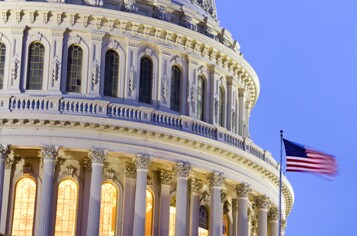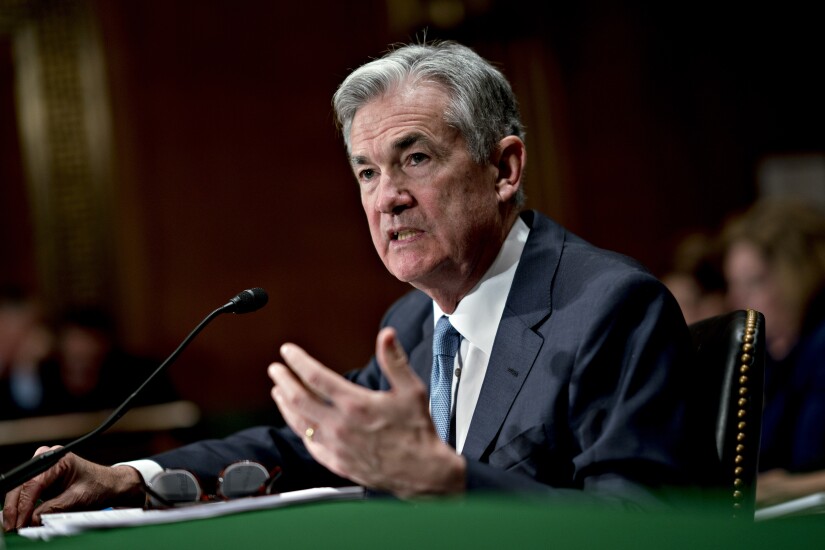

On the repeal of the CFPB’s indirect auto lending guidance:
Related:

On a senator's postal banking proposal:
Related:

On Wells Fargo’s executive team wanting to make its operational risk and compliance efforts as strong as its credit risk management:
Related:

On acting CFPB Director Mick Mulvaney easing Home Mortgage Disclosure Act requirements imposed by his predecessor:
Related:

On calls to apply behavioral science tactics to savings accounts so that consumers use the product more:
Related:

On the risks of using facial recognition to authenticate customers:
Related:

On an argument that regulators are not drastically changing the Volcker Rule with proposed reforms:
Related:





